How to memorize the modern history quickly
To memorize modern history can be challenging for many pupils. Yet it’s crucial to keep in mind that history is really a compilation of tales. We can better understand ourselves and our place in the world by studying history. Most history instructors want their pupils to memorize more about history than just memorizing names and dates. Nonetheless, there are situations when simply writing down the fundamentals might be beneficial or even necessary. Take courage if you struggle to memorize everything you should. There are many methods you can employ to memorize historical information.
Rhyming the information: memorize history

IMAGE CREDITS: istockphoto.com
Include the facts in a rhyme. Rhyming and even music can be used to help you remember information. Your comprehension of how important events, persons, dates, etc. fit together can also be improved by introducing rhythm or the melody of a simple song into your memorizing.
Make a mnemonic system: memorize history
You can remember things in a certain sequence by using the initial letter of a string of connected key words to create a humorous and memorable phrase. When attempting to recall events in the sequence they occurred, this can be extremely helpful.
For instance, the phrase “Gill Underestimated Cliff’s Power” can help you recall the names of the four principal Allies in World War II: China, the Soviet Union, the United States, and Great Britain.
Using other senses
To jog your memories, use your other senses. Studies show that you will be better able to recall information if you study while inhaling a certain distinctive aroma (such as rosemary, for example), and then use that scent later when you need to recollect the content.
Similar to this, learning while listening to soothing music can aid in subsequent memory retention.
Think visually: memorize history
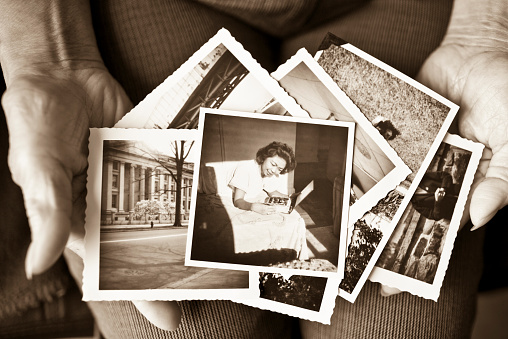
IMAGE CREDITS: istockphoto.com
Try to connect a fact with an image in your head to help you remember it. If you are a very visual learner, drawing the image out might even be helpful. The meaning of the image might not always be obvious.
For instance, you might envision a Red Sox mug with hot tea in it if you’re trying to acquire facts about the Boston Tea Party.
Apply the loci approach
In the sequence that you typically go around your house, assign various historical events, facts, or phrases to each separate room. For instance, to recall the start of World War I, think of your front door and the murder of Archduke Franz Ferdinand and Sophie, Duchess of Hohenberg, on June 28, 1914. Consider your home’s front door in relation to Serbia, which Austria-Hungary accused for the killings and went to war with on July 28, 1914.
Using a familiar architecture, you create a “memory palace” utilizing the loci method, an old method of memorizing information. If you’re trying to recall a series of historical occurrences, you might link the first one to your front door.
Jot down significant information: memorize history
The terms “the Dust Bowl,” “the Great Depression,” “Franklin D. Roosevelt,” and “the New Deal,” among others, can be on your list of important terms if you are studying American history in the 1930s. List everything in handwriting. Studies show that writing things down by hand as opposed to typing them out on a computer is the best way to retain information.
A fact with its significance
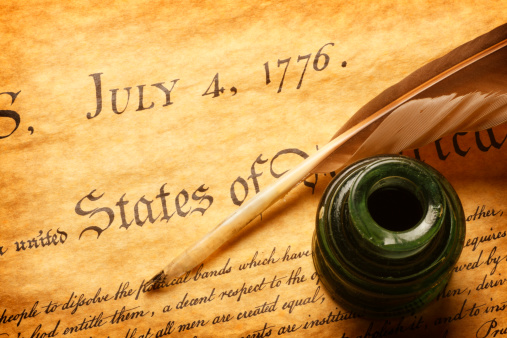
IMAGE CREDITS: istockphoto.com
Explain each term and its meaning. You should write two or three sentences describing each item on your list and why it is significant. If it is a certain day or year, you should first explain what occurred on that day before explaining why it is important historically.
For instance, Japan destroyed Pearl Harbor on December 7, 1941. The fact that this incident prompted the United States to join the war makes it significant.
Hand-written flashcards: memorize history
Create flashcards from your list that are written by hand. Create a flashcard out of each item on your list. On one side, type the essential phrase, name, or date; on the other, its meaning and importance.
- Put red ink on a white background because studies have shown that this aids in memory.
- Making flashcards is made easy with index cards.
- Cross-referencing important phrases in your definitions might help you keep track of how particular individuals, locations, occasions, or dates relate to one another.
Take a test
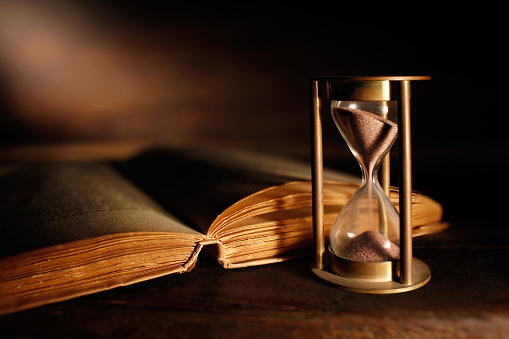
IMAGE CREDITS: istockphoto.com
Test your knowledge of each term’s definition and significance by answering the questions while comparing your response to the card’s reverse. Declare your responses aloud. Move the card to a different pile when you can recite the right response so that you can concentrate on the questions you don’t know the answer to.
In the days and hours before an exam or a paper is due, keep going over the cards. By doing so, you have a better chance of storing the knowledge in your long-term memory.
List all of the significant dates: memorize history
Take note of important dates in your readings, in your class notes, and on any handouts you may have received. Organize this data into a list, and be sure to preserve the dates in the correct order. For instance, to recall the chronology of American involvement in the Vietnam War, emphasize important dates and occasions from May 7, 1954, when Vietnamese forces engaged the French at Dien Bien Phu, to March 1973, when the last American soldiers left South Vietnam, bringing an unresolved conflict to an end.
Timelines are particularly useful for describing wars, political upheavals, and scientific or medical discoveries since these events frequently take place over a period of time that is fast-paced, factually dense, and builds on itself.
Put together your timeline: memorize history
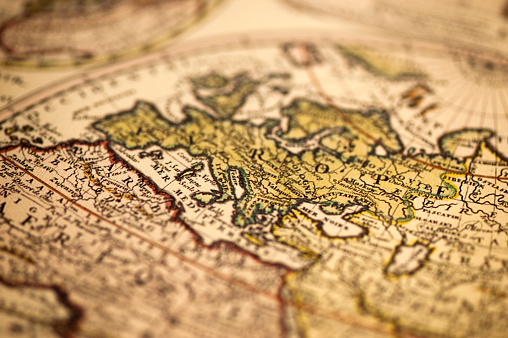
IMAGE CREDITS: istockphoto.com
From one end of the page to the other, draw a straight line. Then, start entering your dates in the order of the earliest to the latest. Next to each date, doodle a box, and start filling it up with the important details you need to remember. Make careful to mention significant individuals, occasions, and locations.
Give yourself enough of room to enter all the necessary information.

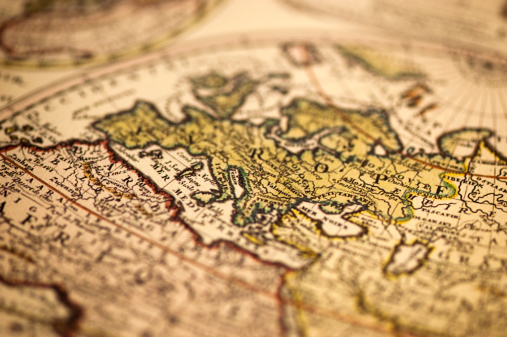

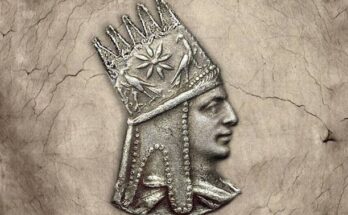

2 Comments on “How to memorize the modern history quickly”